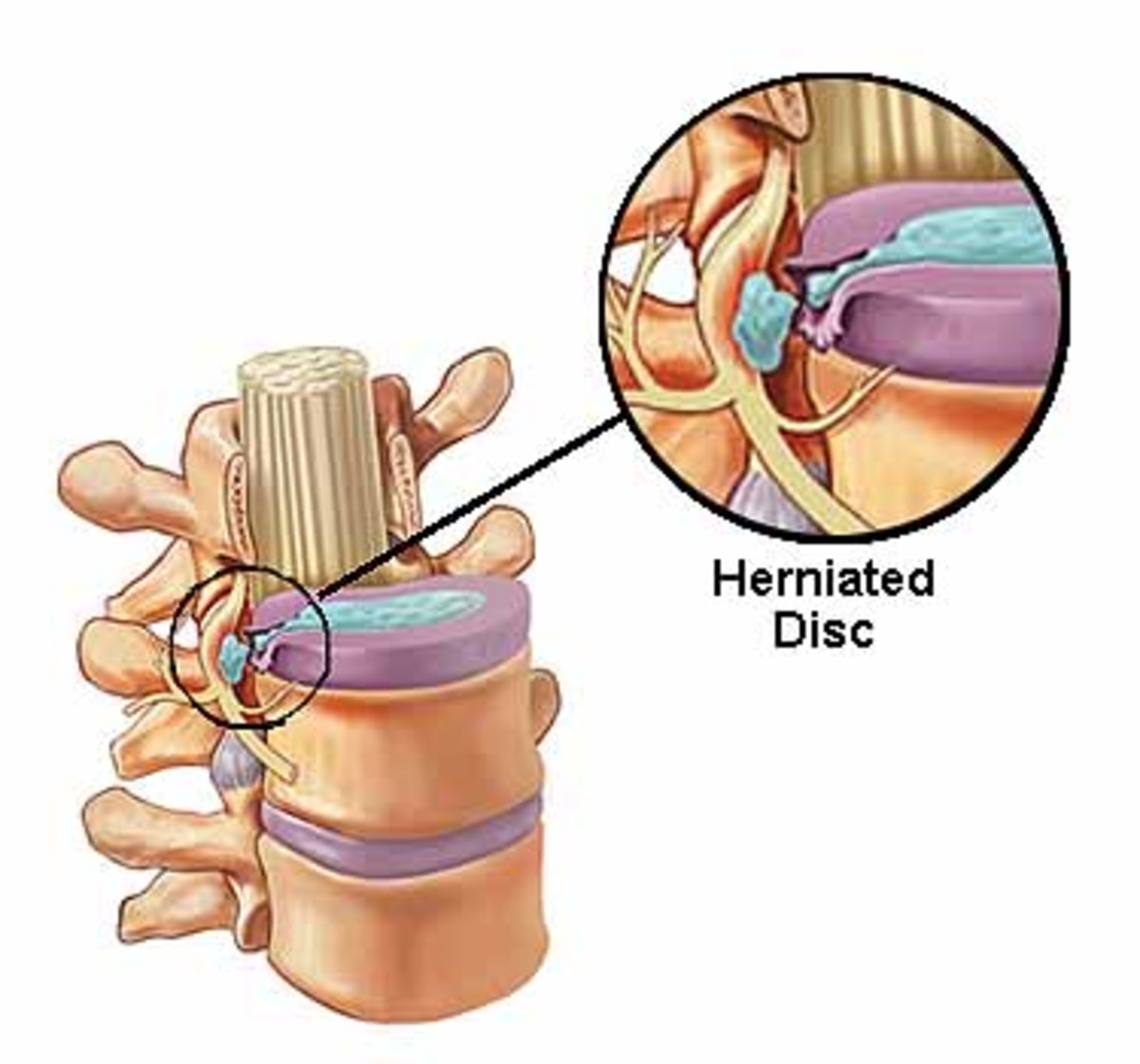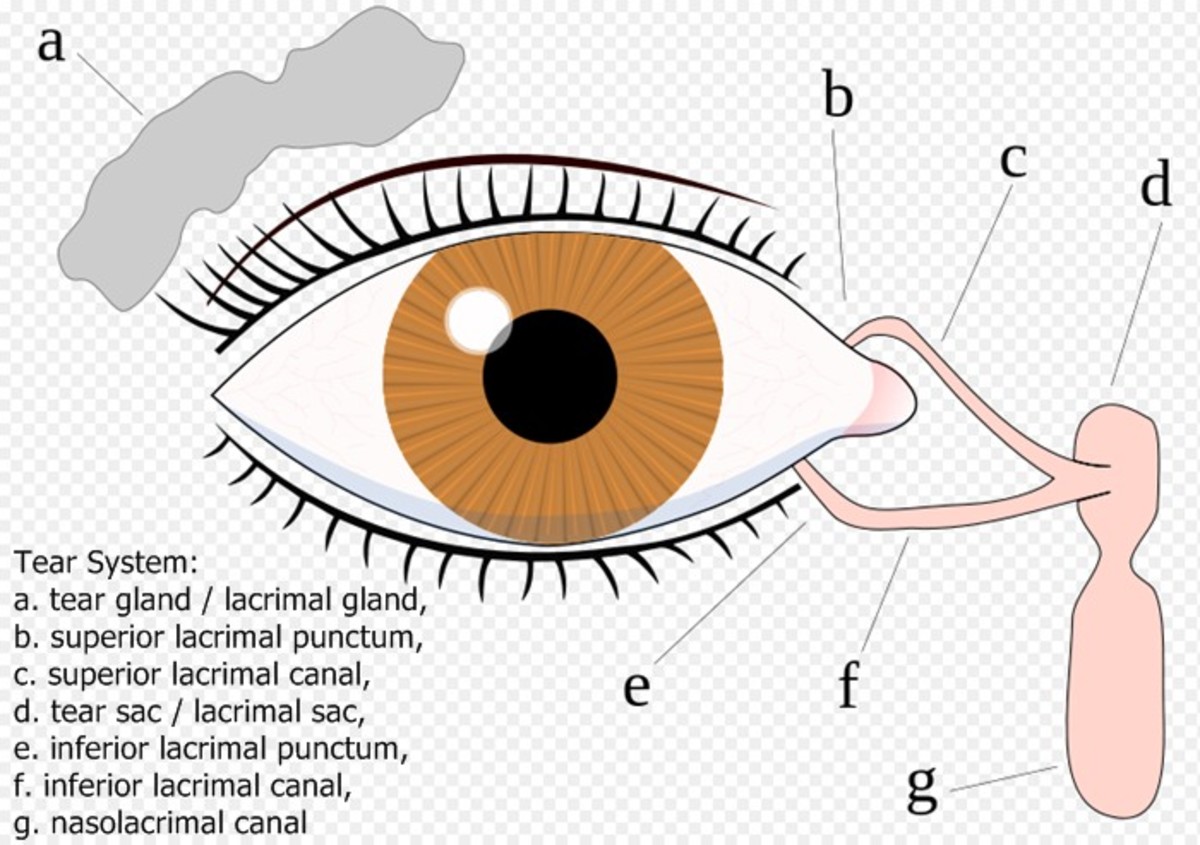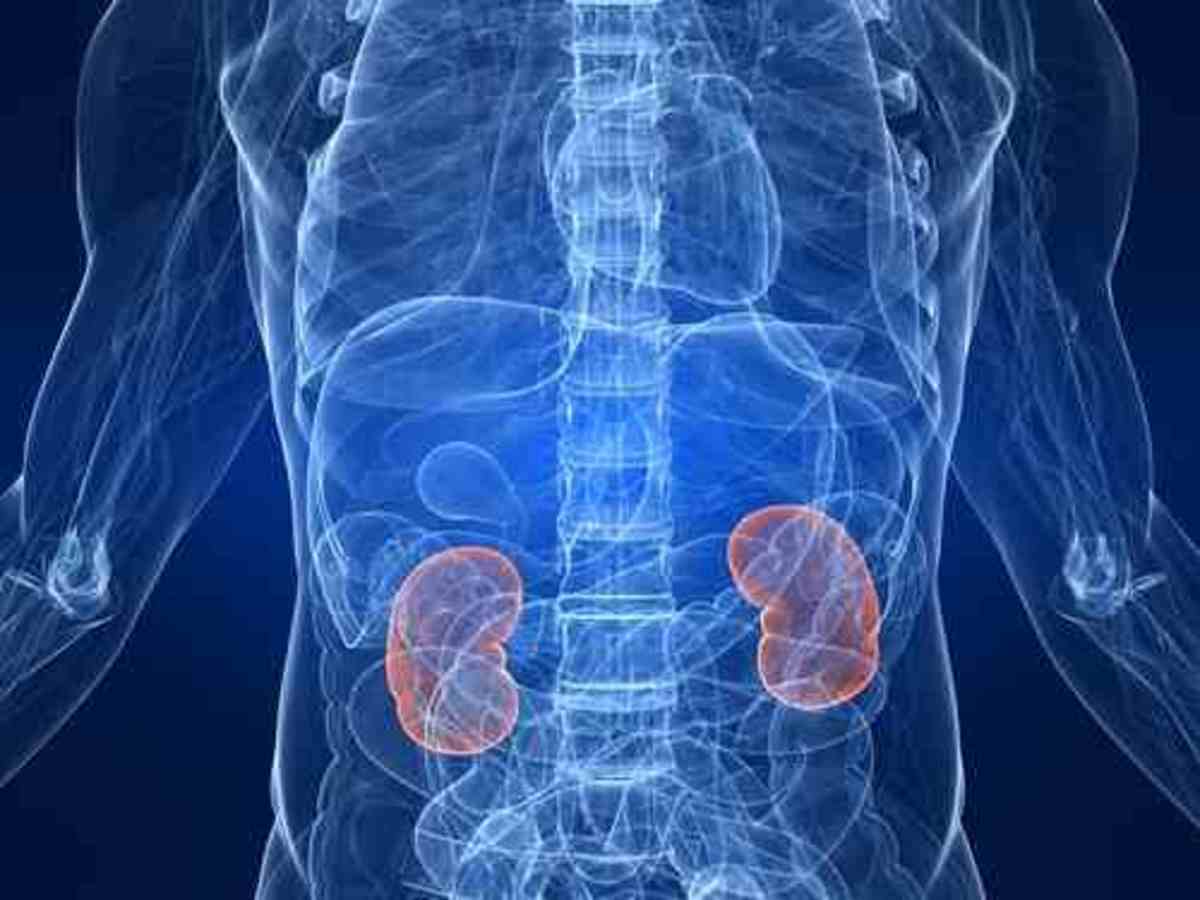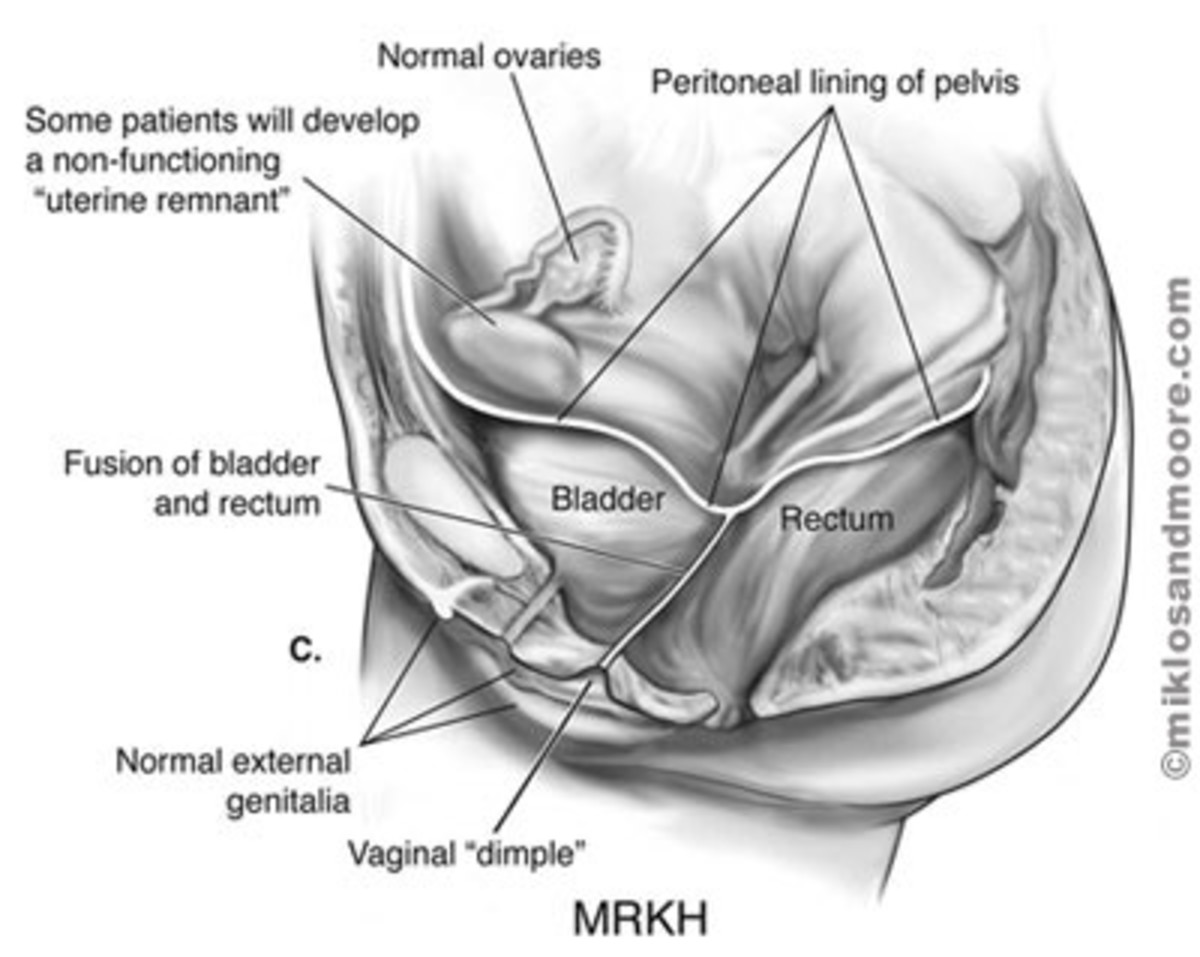Intrauterine Insemination Cost and Success Rates
Intrauterine Insemination Procedure
Intrauterine insemination (IUI) also known as artificial insemination (AI), is a common procedure used by couples who have difficulty conceiving a baby. It involves placing the sperm directly in the woman's uterus artificially to facilitate fertilzation of the egg. Intrauterine insemination is a less invasive, low-tech treatment option compared to in vitro fertilization (IVF), and it’s also cheaper. It is usually recommended as a first step in infertility treatment, before proceeding to IVF.
Intrauterine Insemination Process
IUI is generally recommended for couples who have no known fertility issues but have been trying (unsuccessfully) to conceive for a year or more.
The main advantage of IUI is that a significantly larger number of sperm make it into the fallopian tubes where the egg is waiting to be fertilized. Normally, during normal sexual intercourse, the majority of sperm are not able to make it up the female genital tract.
---Step 1. Cycle Monitoring and Ovulation Induction---IUI can be performed with or without fertility drugs. The use of fertility drugs increase the chances of of a woman to become pregnant with IUI, and many patients choose to use clomiphene citrate (clomid), an oral medication taken for five days shortly after menstrual cycle starts; or injectable fertility drugs, which are more aggressive in stimulating multiple egg development in one cycle. The more eggs that a woman produces during a treatment, the higher the chance for success, but also the higher the risk of multiple pregnancies. During this phase, the woman’s menstrual cycle is closely monitored with the help of ovulation kits, ultrasound, and blood tests.
---Step 2. Sperm preparation --- The man produces his sperm specimen about two hours prior to the IUI procedure. This time is required to prepare and "wash" the sperm. This is done to isolate the most active sperm in the sample and to remove any chemicals that may cause discomfort to the woman.
--Step 3. Insemination --- On the day when the egg is released, the prepared semen is inserted through the cervix into the uterus by using a thin, flexible catheter. The procedure only takes about ten minutes. The woman may experience mild cramping. Once the sperm is transferred, the woman can usually resume normal activities.
--Step 4: Pregnancy Test.-- A pregnancy blood test is scheduled about two weeks later. If the procedure is successful, the pregnancy test result is positive. At this stage the woman may start watching for early pregnancy symptoms.
IUI Cost and Success Rates
The cost of a single intrauterine insemination procedure ranges from $300 to $1500. The price includes the sperm processing as well as the insemination.
The average IUI successful pregnancy rate per treatment is 10-20%.

Intrauterine insemination: Is it for you?
Intrauterine insemination is usually recommended for couples who have difficulty conceiving a child, but have no known causes for infertility (so-called unexplained infertility).
Both partners should be examined for possible problems, because just one fertility problem can render the procedure completely ineffective. The man's sperm count, mobility, and morphology need to be normal. Women over the age of 45 may not be offered this treatment option, as success rate for this age group is minimal, and the woman stands better chance of conceiving a baby with an IVF procedure, especially if donor eggs are used. Other problems that make IUI ineffective is tubal blockage or damage, insufficient eggs, and ovarian failure.
More Resources
- Very Early Pregnancy Symptoms: 15 Early Signs and Symptoms of Pregnancy
Of course, the most surefire sign of pregnancy is the positive pregnancy test ;-) although even that may not be 100% reliable. But even before you take a test or miss a period you may suspect that you may... - What not to eat when pregnant: Foods to avoid while pregnant
These foods should also be avoided when TTC (trying to conceive)... - IVF Process and Other Infertility Treatments: Are They For You?
In vitro fertilization, commonly referred to as IVF, is a method of assisted reproduction, by which egg cells are fertilised by sperm outside the womb. After fertilization, the embryos are transferred into... - Cost of In Vitro Fertilization (IVF)
Are you trying to get pregnant but have been told you need IVF? Do you have to bear the IVF cost yourselves? The cost of in vitro fertilization is significant and can vary depending on what procedures you... - Miscarriage symptoms: Early Signs of Miscarriage
Miscarriage, called by doctors spontaneous abortion, can be defined as the loss of a pregnancy before 20 weeks of gestation. It is estimated that up to 20 percent of all pregnancies end in miscarriage; but...








